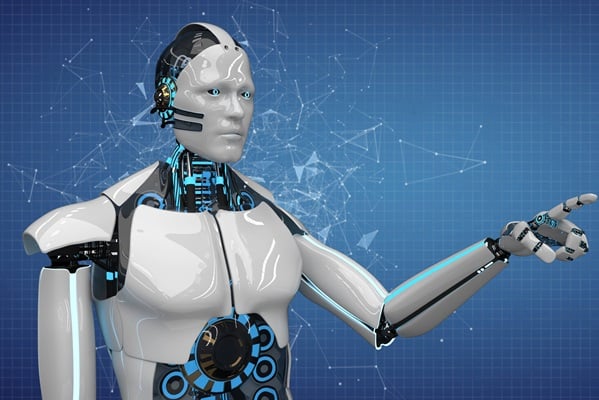The COVID-19 pandemic triggered a massive job loss all over the globe.
This has further been intensified by the looming wave of artificial intelligence (AI) hindering the restoration of millions of lost jobs.
According to Stocklytics.com, the convergence of these two crises presents formidable challenges to recovering 42% of jobs lost during the pandemic.
The site’s financial expert, Edith Reads, noted the analysis highlights the growing skills gap as a major obstacle to job recovery.
She said, “Businesses accelerated their adoption of AI to stay competitive amidst the pandemic. However, this rapid shift has left some workforce struggling to adapt as their traditional skill sets become less relevant in an automated world.”
Current impact of AI in the workplace
The impact of artificial intelligence in workplaces is evident, with 80% of companies already incorporating the technology into their operations or considering its implementation.
Concerns about AI replacing jobs are valid, with 35% of businesses having integrated the technology and another 45% exploring its adoption.
While this doesn’t necessarily equate to immediate job loss, the potential for workforce displacement becomes more significant as AI technology advances and becomes less dependent on human collaboration.
Companies integrating Artificial Intelligence
IT professionals are at the forefront regarding AI utilization in the workplace, with a significant 54% integrating it into their routines. Besides IT professionals, the technology is also utilized across other job roles.
When looking at the adoption of AI in various industries, it’s clear that marketing and advertising lead the charge with a 37% adoption rate of Generative AI. Following this trend is the technology sector at 35%, consulting at 30%, teaching at 19%, accounting at 16%, and healthcare at 15%. These statistics highlight the ranging applications of artificial intelligence in various professional fields.
Getting ready for what the future holds
Although AI poses challenges, it also brings opportunities for innovation and progress. Therefore, it is essential to address concerns about how it might impact employment.
By staying informed, adaptable, and open to change, we can leverage the benefits of artificial intelligence while minimizing its effects on job opportunities.






Leave a Comment